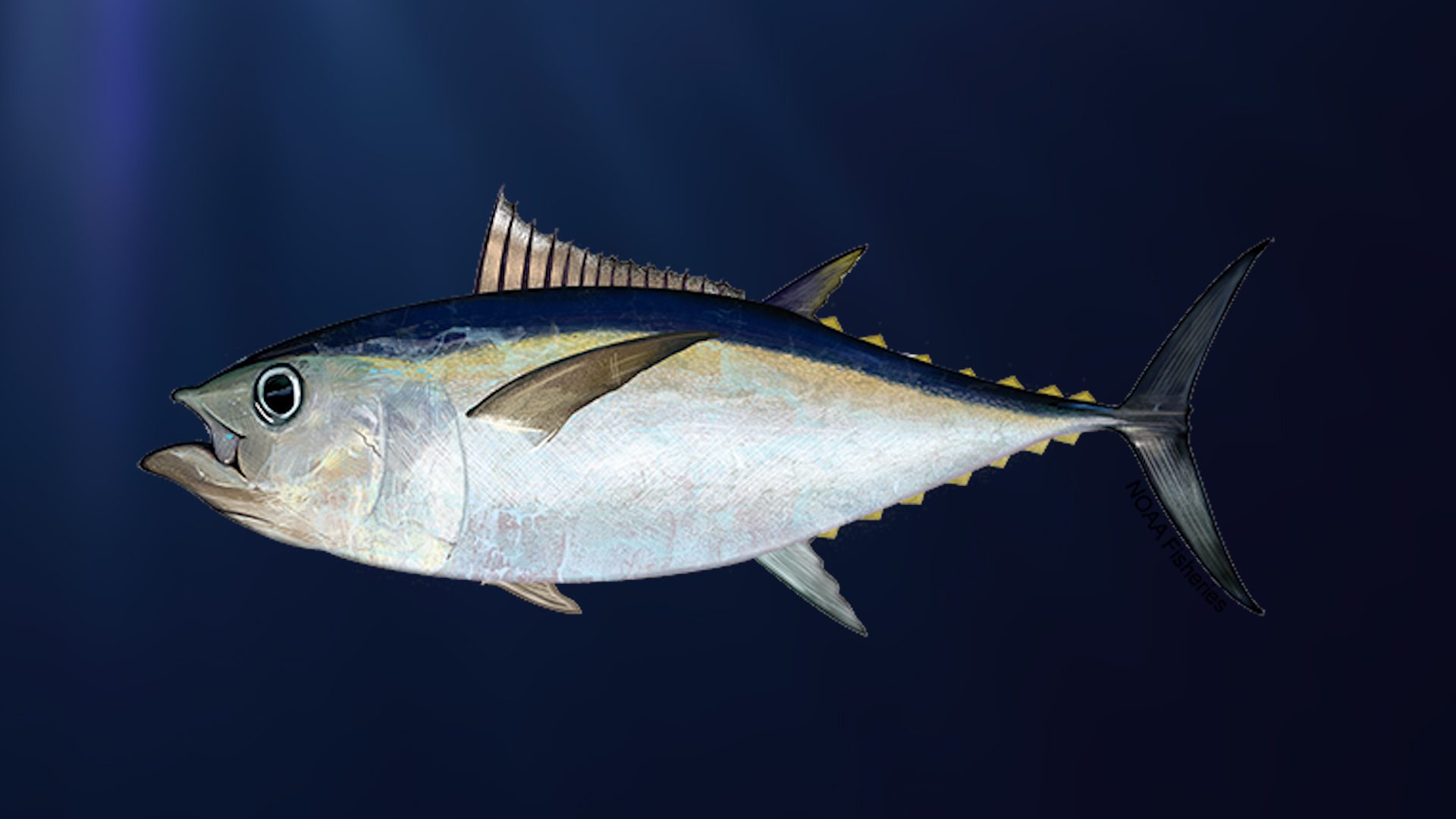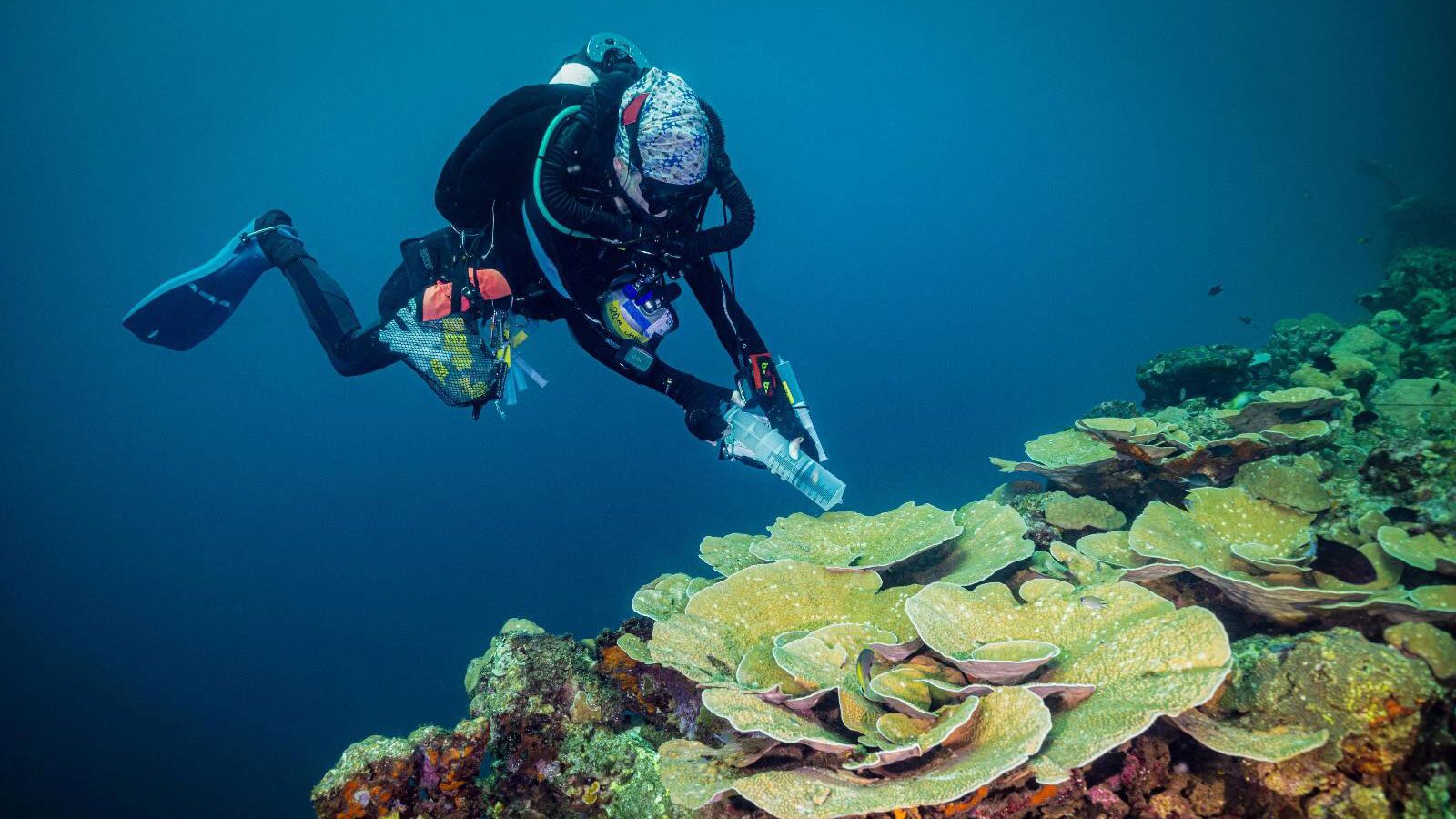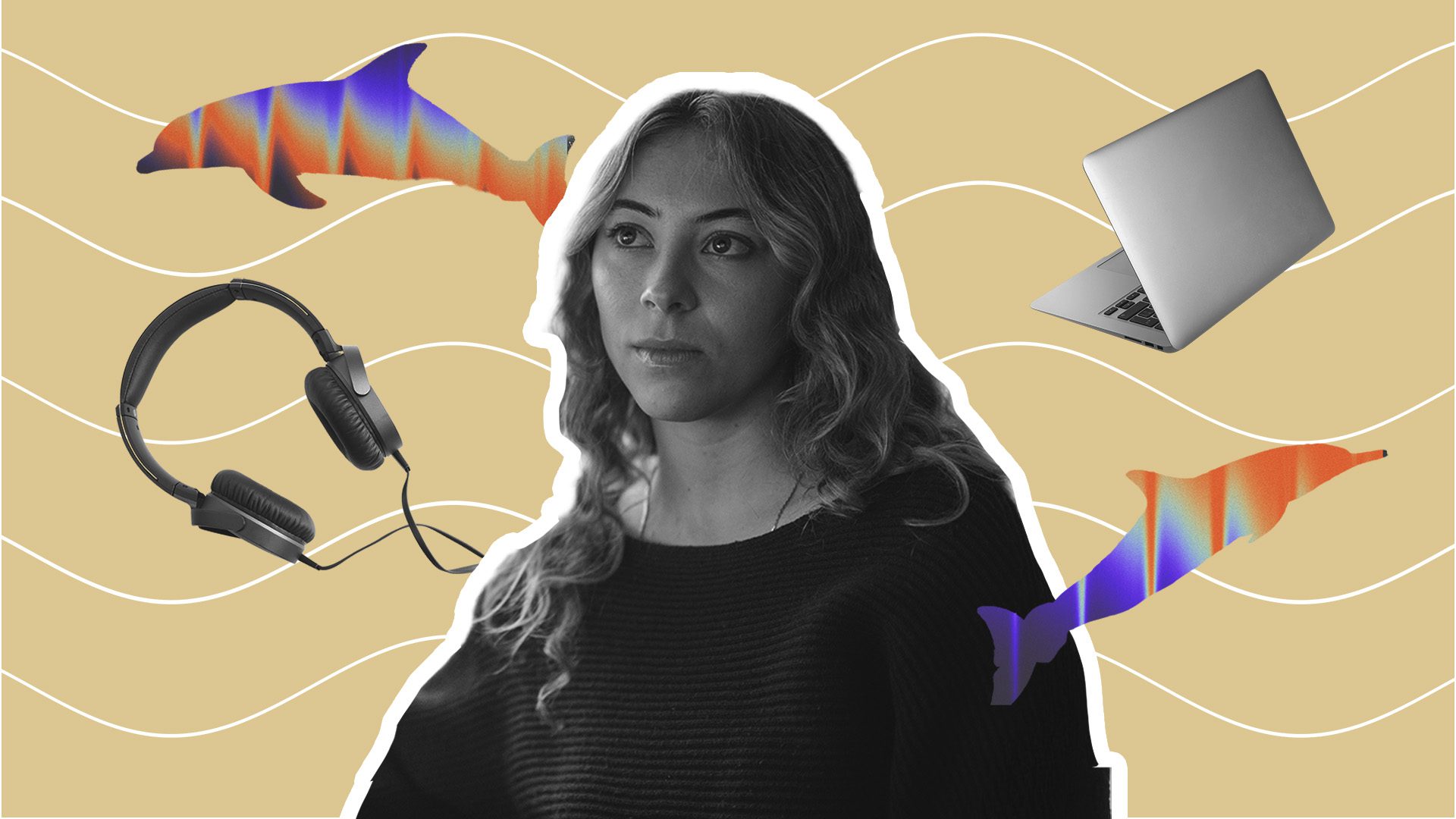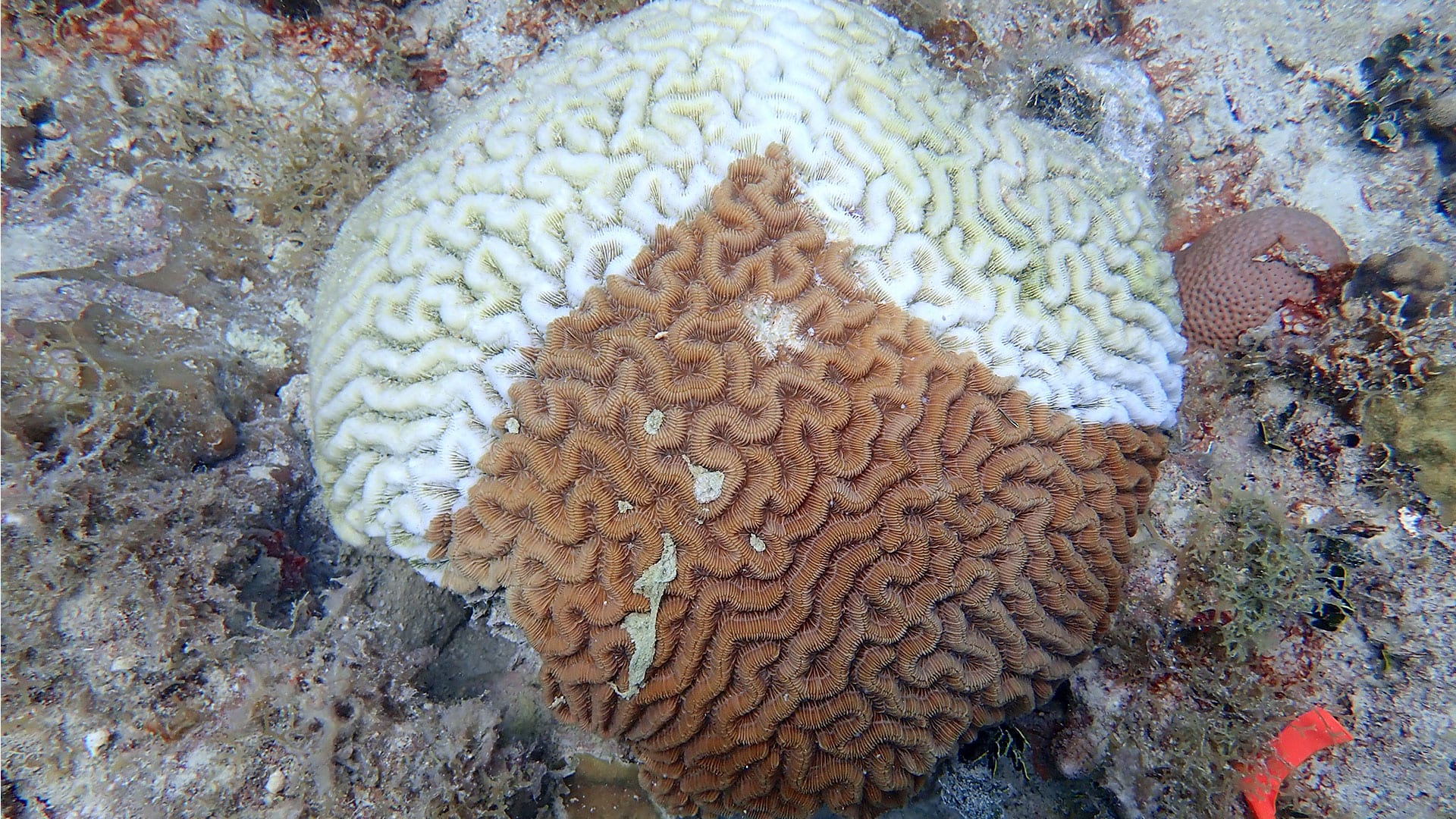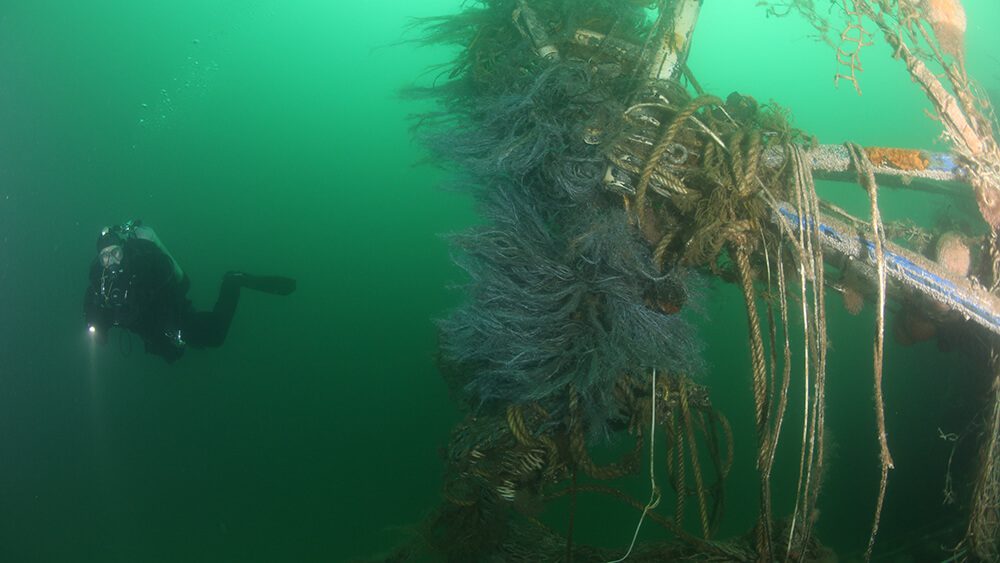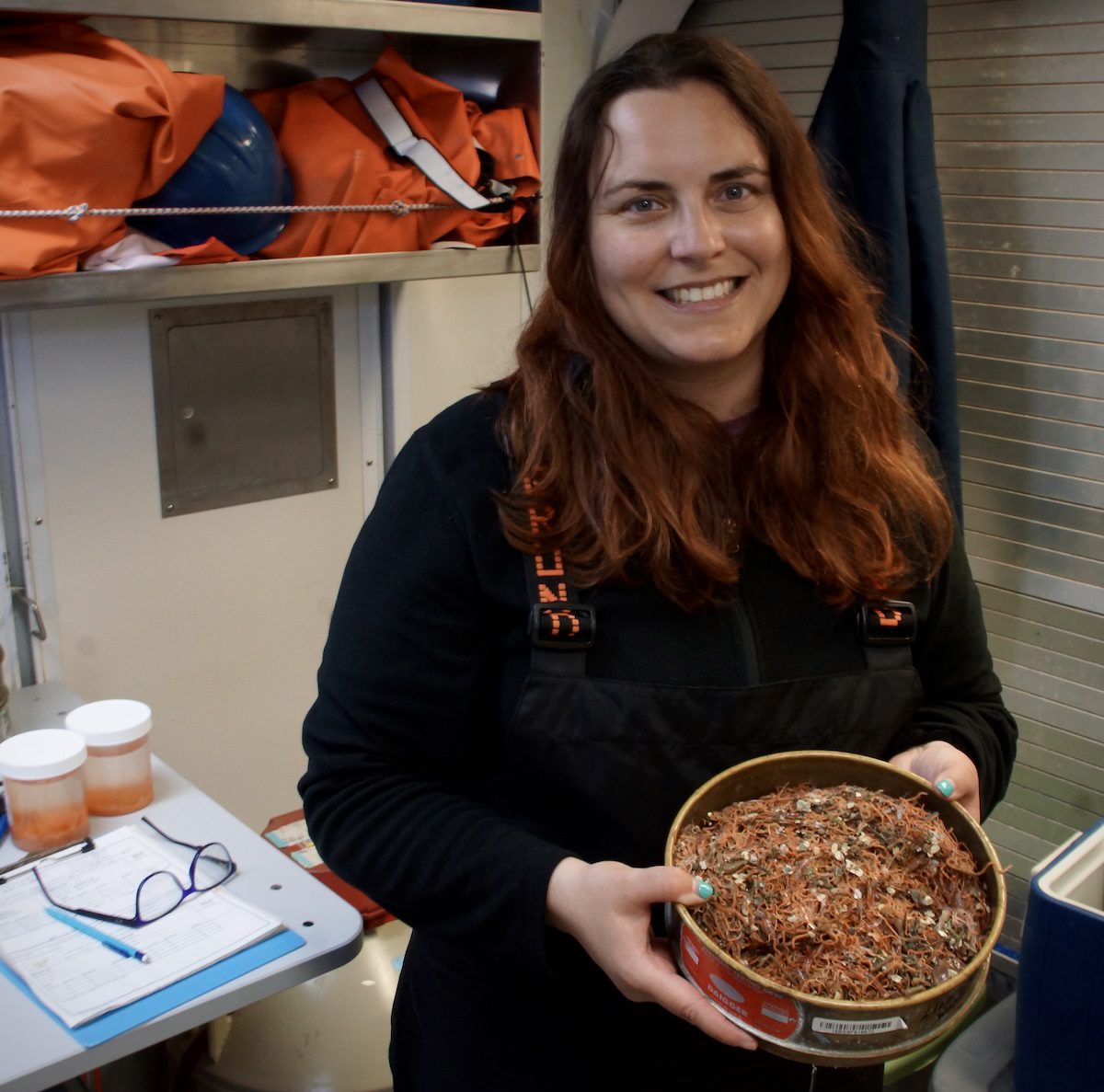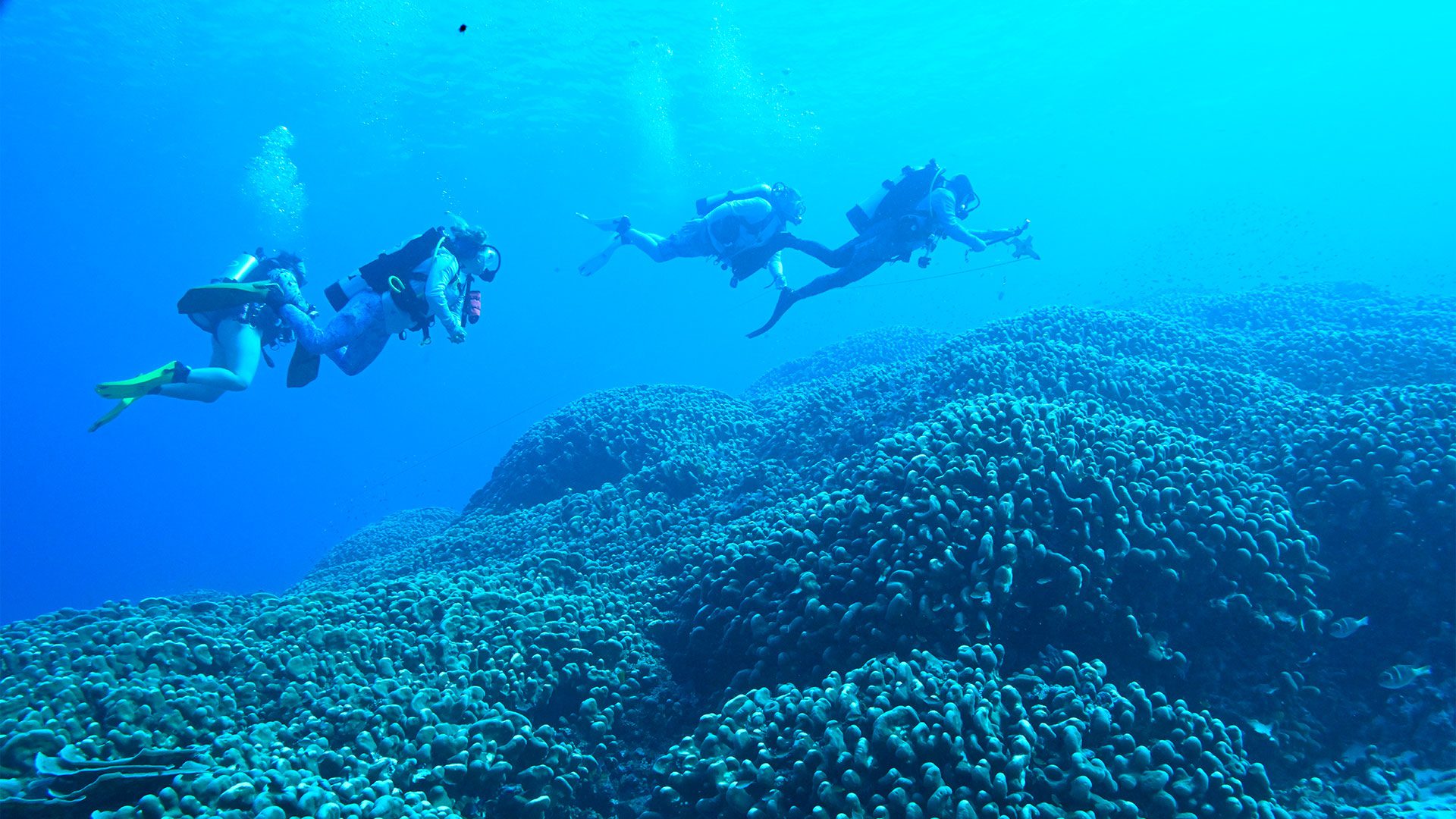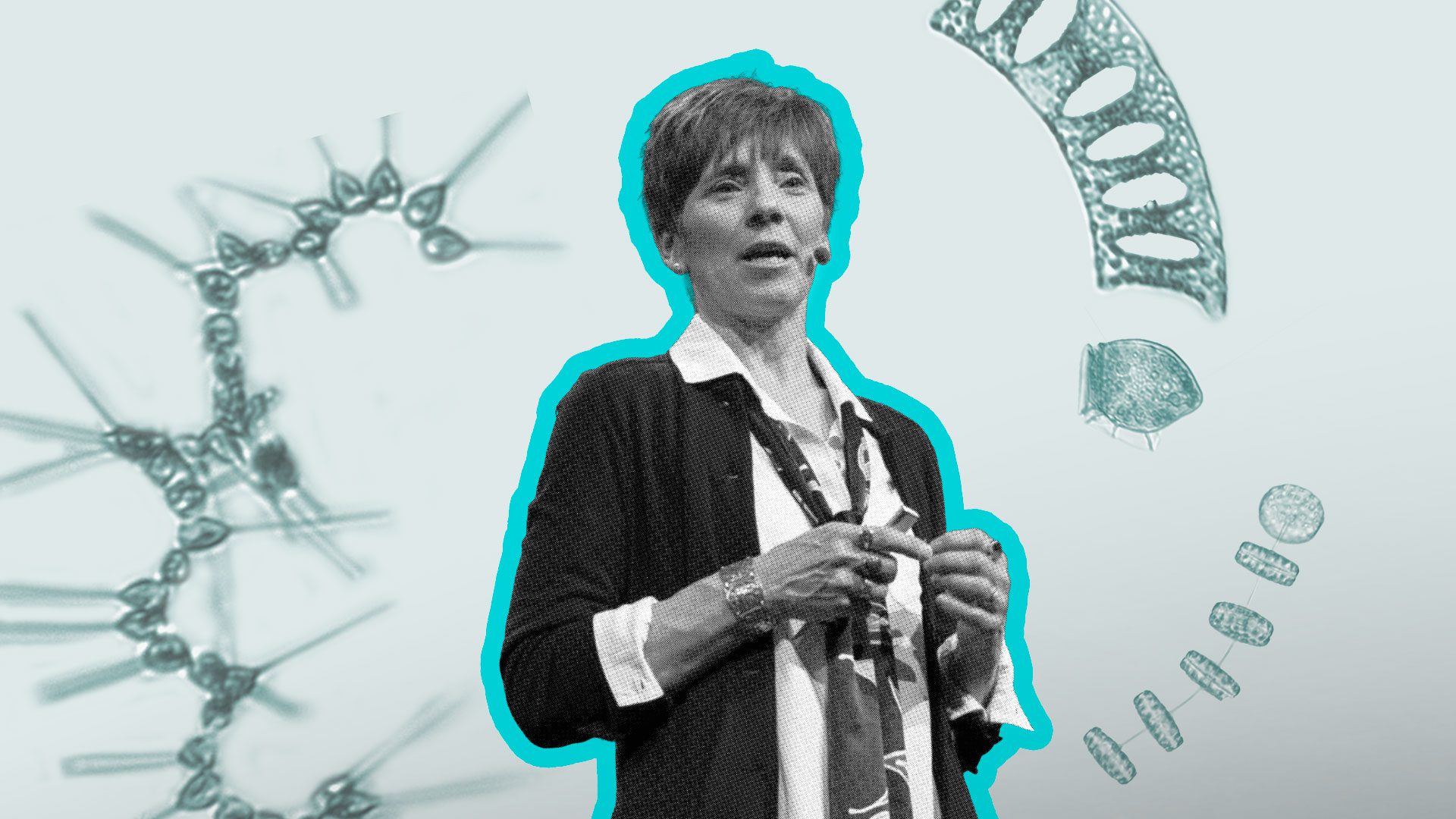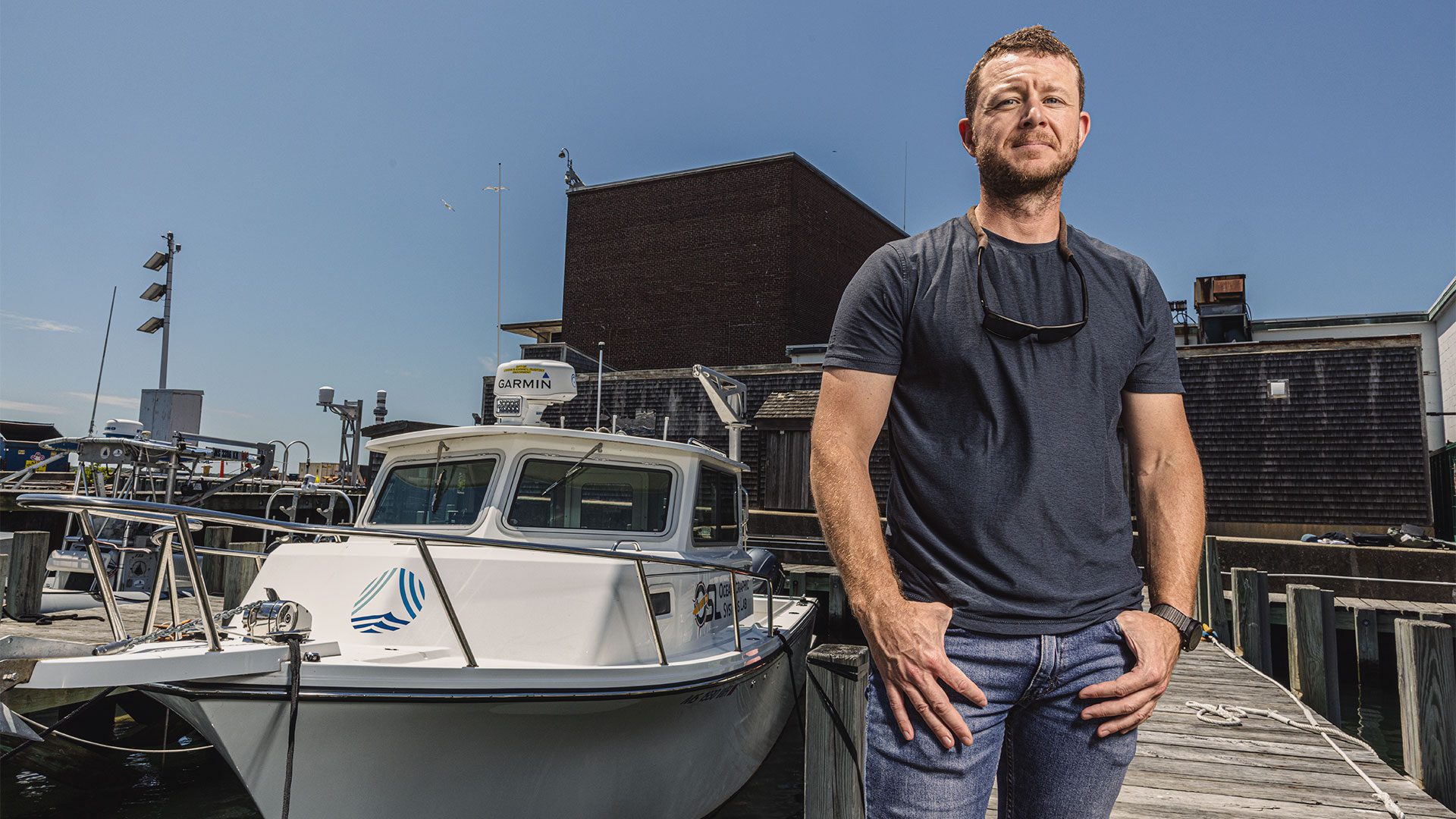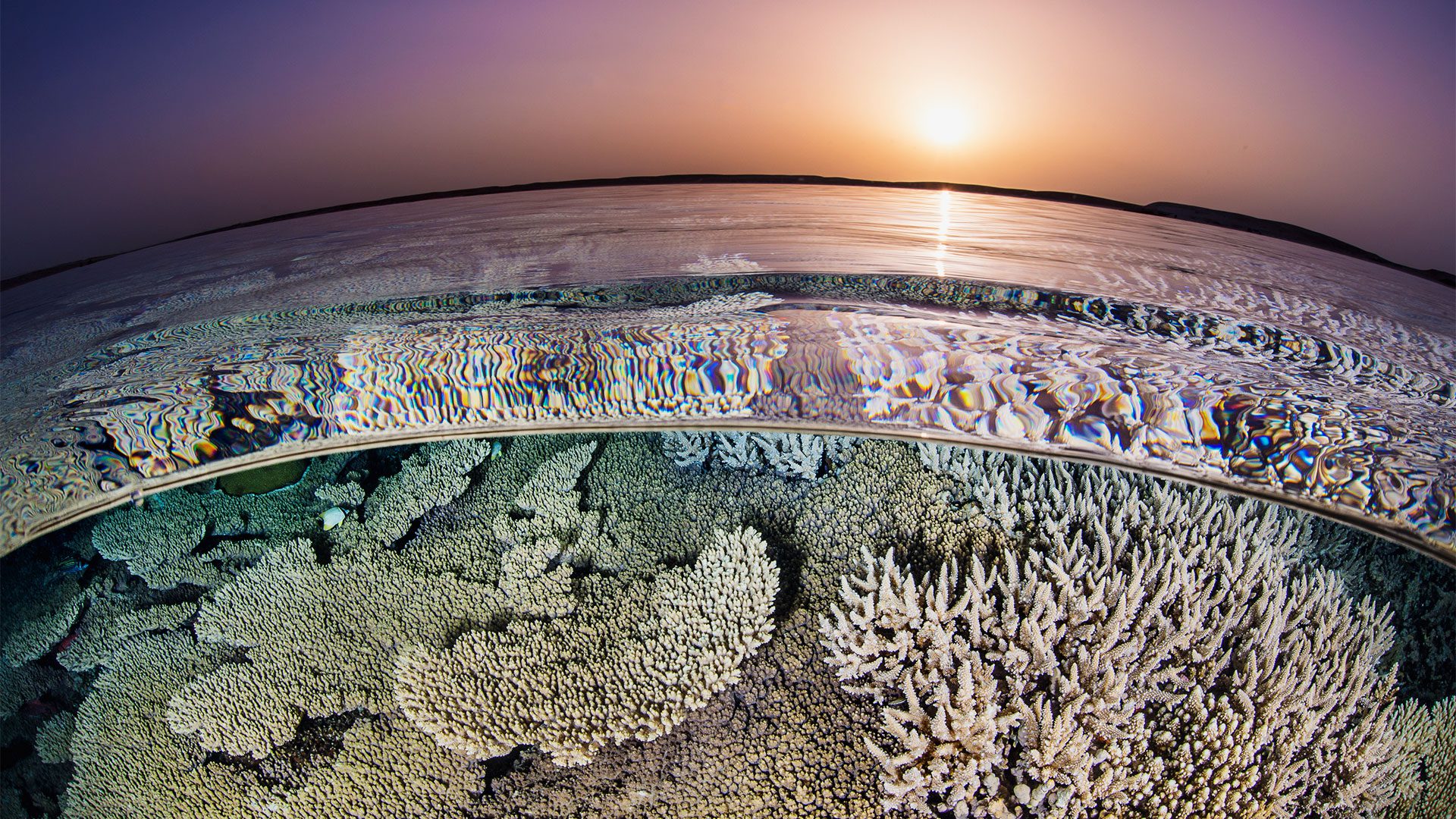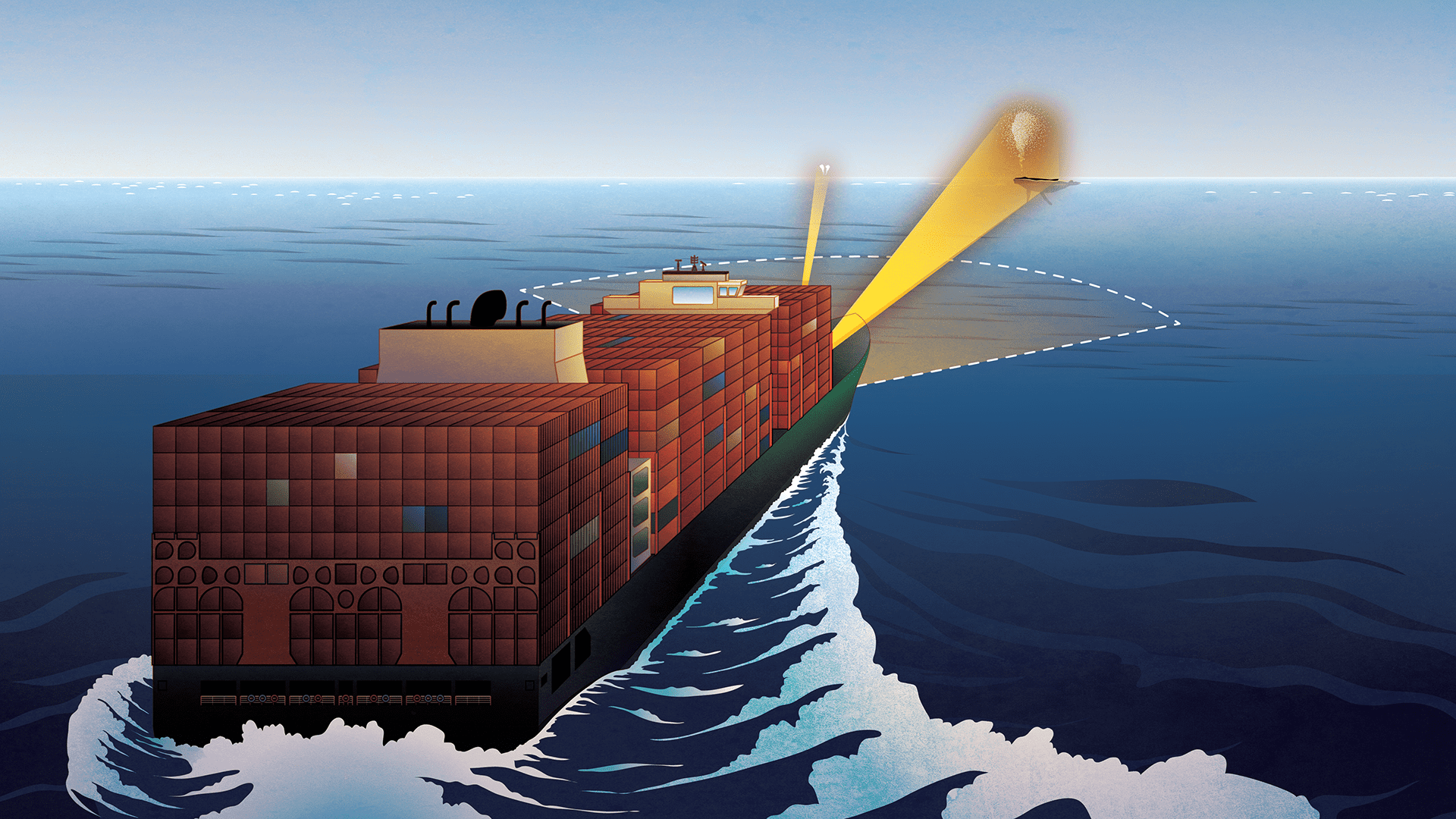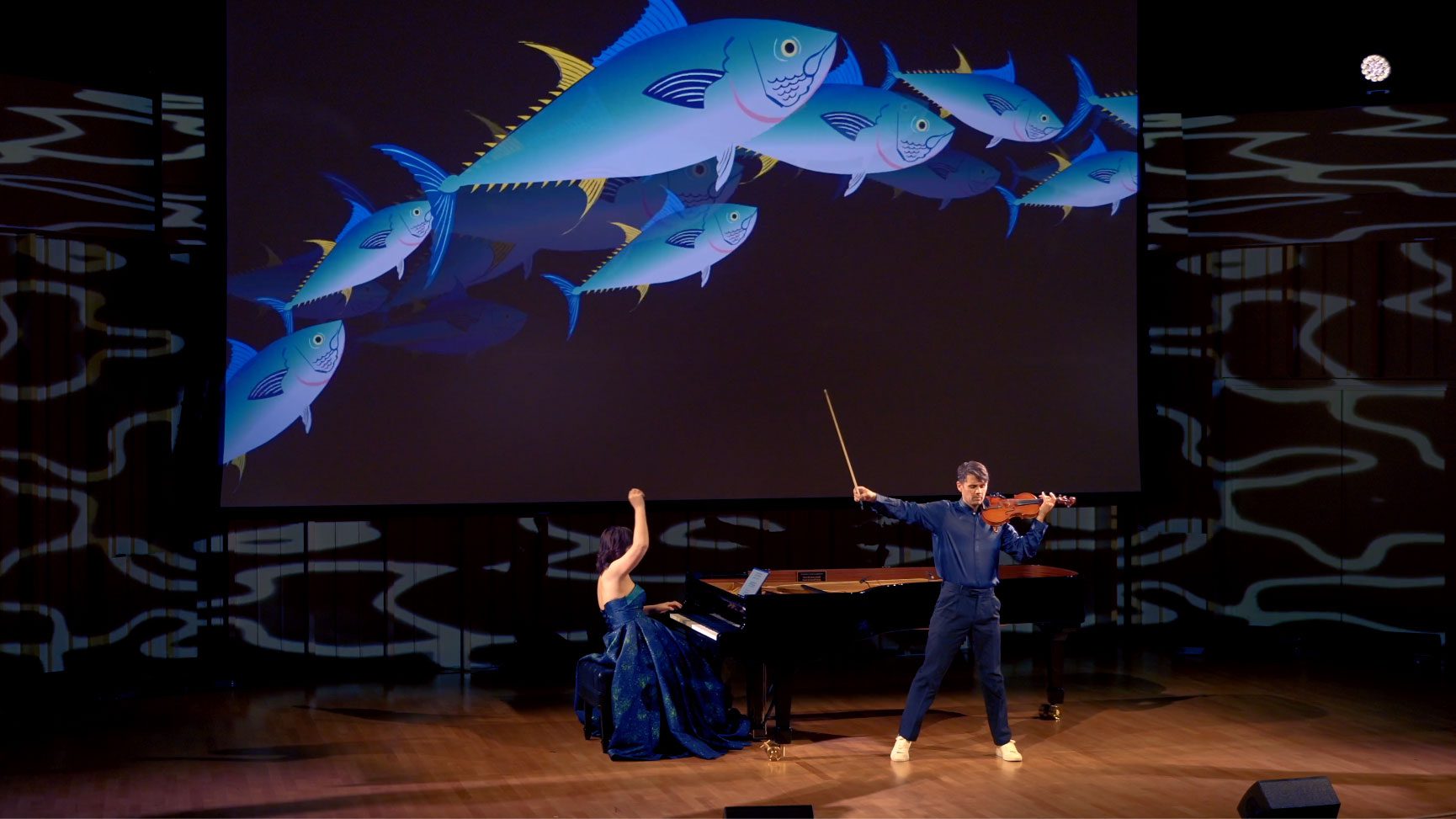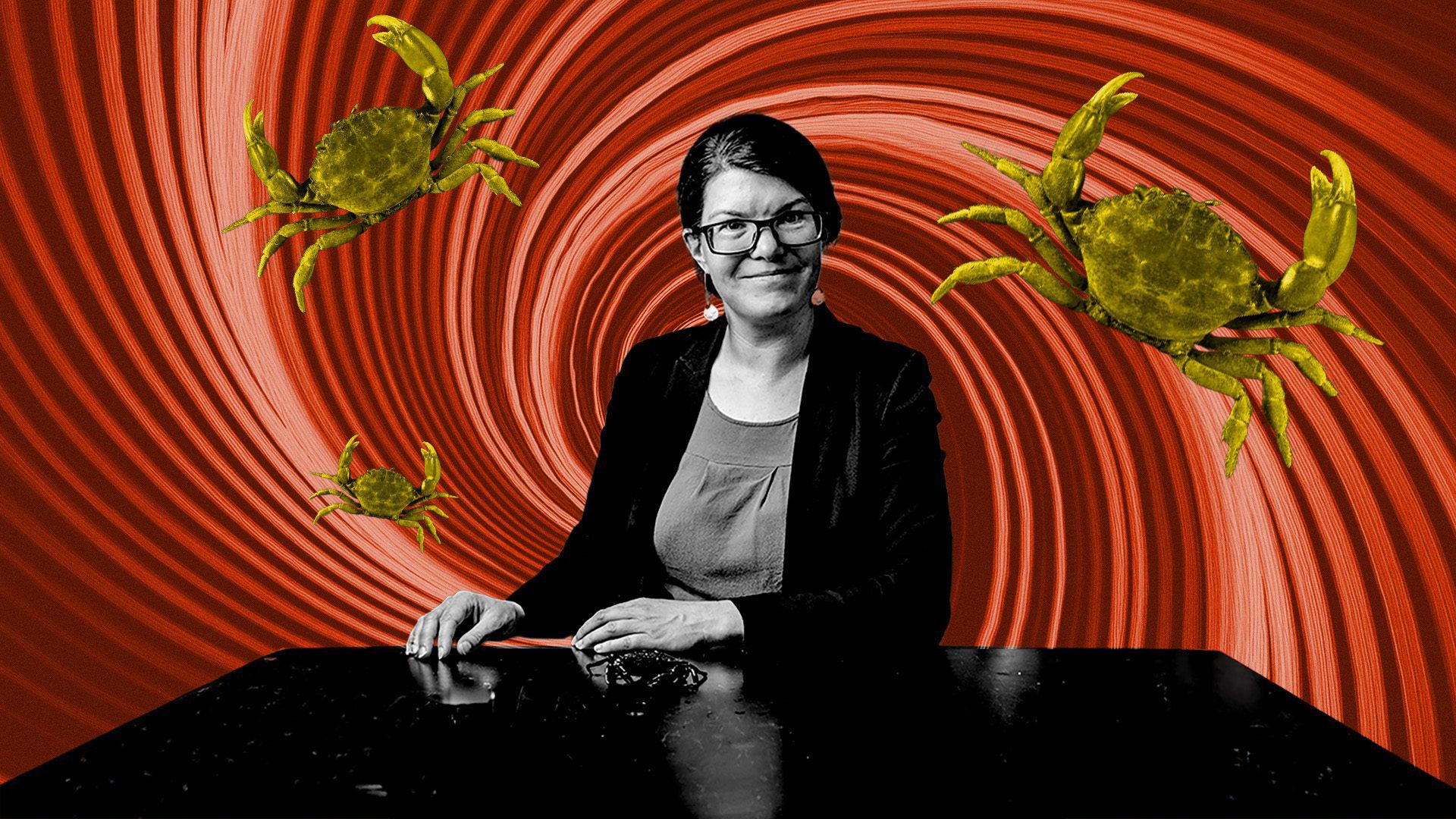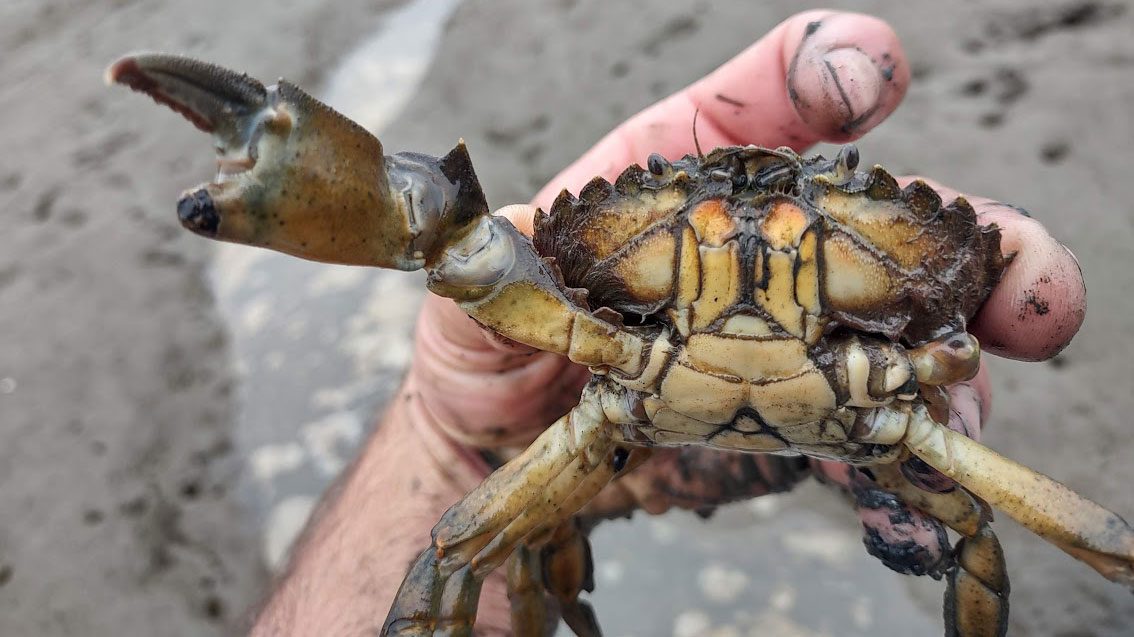Biology
Biology Department Seminar: Monitoring Wildlife from Space with AI: Capabilities and Constraints
Isla Duporge, Princeton University Sponsored by: Biology Department – Redfield Auditorium
Read MoreBiology Department Seminar: Plasticity in Benthic Cnidarians
Ben Glass, Boston University Sponsored by: Biology Department – Redfield Auditorium
Read MoreBiology Department Seminar: Passive Acoustic Monitoring of Whales Across Scales: From Vocal Behavior to Ecological Trends
Julia Zeh, NOAA Fisheries Sponsored by: Biology Department – Redfield Auditorium
Read MoreBiology Department Seminar: In Hot Water? Acclimation and Adaptation in a Warming Ocean
Matthew Sasaki, UMASS Lowell Sponsored by: Biology Department – Redfield Auditorium
Read MoreNew WHOI study cautions that deep-sea fishing could undermine valuable tuna fisheries
The study shows that large-scale harvesting of mesopelagic fish that live hundreds of meters below the surface could reduce the food available to bigeye tuna
Read MoreFrom ruin to reef
What Pacific wrecks are teaching us about coral resilience—and pollution
Read MoreWoods Hole Oceanographic Institution and CMA CGM expand their partnership
CMA CGM, which has long been committed to preserving biodiversity through multiple initiatives in the U.S. and worldwide, will support two key WHOI projects
Read MoreThere will be no Biology Department Seminar today
One researcher, 15,000 whistles: Inside the effort to decode dolphin communication
Scientists at WHOI analyze thousands of dolphin whistles to explore whether some sounds may function like words
Read MoreSeawater microbes offer new, non-invasive way to detect coral disease, WHOI-led study finds
Coral reefs support more than 25 percent of all marine life and underpin the livelihoods of roughly one billion people globally.
Read MoreA Celebration of Nantucket Sound: Green Crabs in Nantucket Sound & Beyond
Join us for our free webinar! Join us for a fascinating look at one of the most disruptive—and resilient— invasive species in our coastal waters: the green crab. Marine biologist…
Read MoreA new underwater robot could help preserve New England’s historic shipwrecks
WHOI’s ResQ ROV to clean up debris in prominent marine heritage sites
Read MoreMegan Ferguson
Research Assistant – Biology
Read MoreInside the Solomon Islands’ hidden mega coral — a 300-year-old ocean giant
WHOI’s Reef Solutions team journeys to the world’s largest coral colony
Read MoreWhat can a whale’s breath tell us? According to a new study, a lot about its health
A first of its kind study links drone-collected respiratory microbes with health assessments, offering hope for protecting vulnerable populations
Read MoreThe little big picture
WHOI senior biologist Heidi Sosik on the critical need for long-term ocean datasets
Read MoreHooked on change
Charting a new course for fisheries in a warming world
Read MoreReef RX
Using human health protocols to find and aid ailing reefs
Read MoreWhale aware!
New tech and industry partnerships help ships steer clear
Read MoreMusic for the Ocean
Immersive classical performances to spark global concern for the ocean
Read MoreThe Ocean (Re)Imagined
How expanding our view of the ocean can unlock new possibilities for life
Read MoreBody snatchers are on the hunt for mud crabs
WHOI biologist Carolyn Tepolt discusses the biological arms race between a parasite and its host
Read MoreBigscale pomfret are an ocean enigma
WHOI scientists delve into the elusive fish’s role in the food web
Read MoreTop 5 ocean hitchhikers
As humans traveled and traded across the globe, they became unwitting taxis to marine colonizers
Read More
